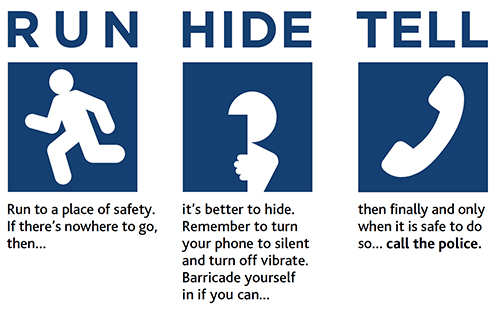Safe and healthy holidays in the sun
Here are some useful pointers to help you enjoy your holiday in the sun and avoid some possible pitfalls.

Please note: Our website no longer fully supports IE11, as such you may encounter issues using our website, please try an alternative browser such as Google Chrome, Mozilla Firefox, Microsoft Edge (Windows) or Safari (Mac).
Here are some useful pointers to help you enjoy your holiday in the sun and avoid some possible pitfalls.
The following information is available to download as a mobile-friendly PDF, or as a PDF that can be printed.
Here are some useful tips to help you and the other members in your group enjoy your holiday and avoid possible pitfalls.

